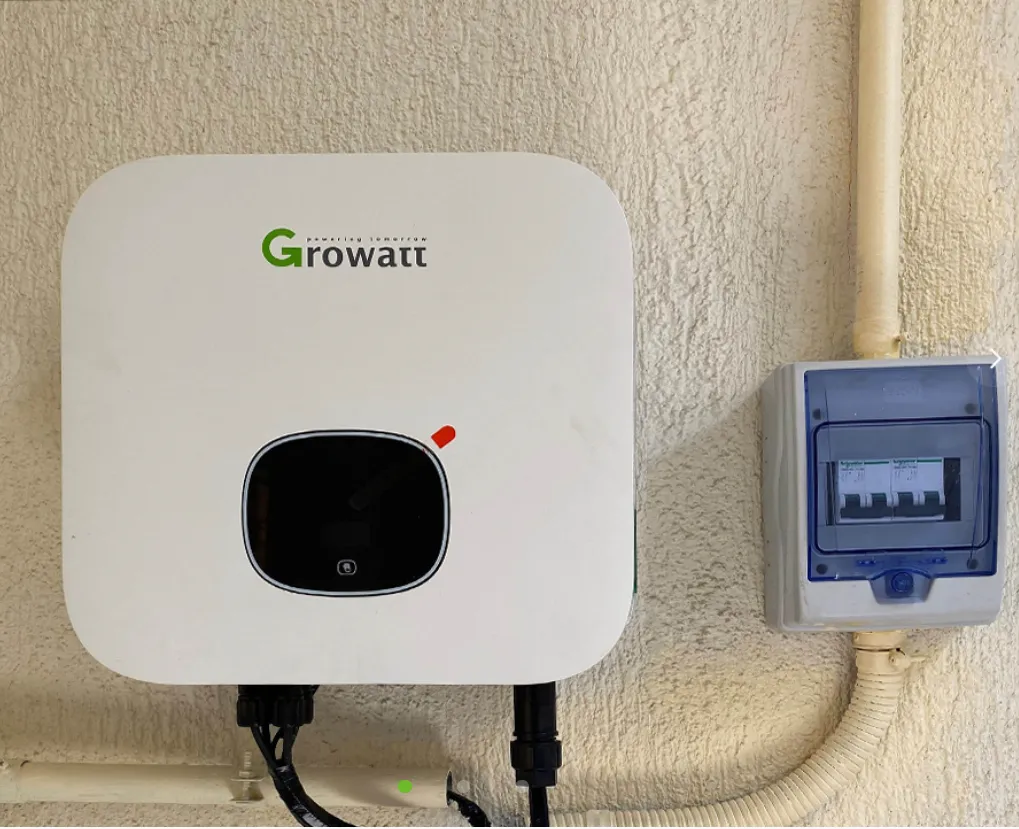Understanding the Wattage of 72 Cell Solar Panels for Effective Energy Production
Understanding 72 Cell Solar Panel Wattage
As renewable energy sources become increasingly vital in combating climate change, solar energy has emerged as a leading solution for sustainable power generation. Among the various types of solar panels available on the market, 72 cell solar panels are particularly prominent. This article explores the characteristics, advantages, and wattage of 72 cell solar panels, providing insights into their suitability for different applications.
What Are 72 Cell Solar Panels?
Solar panels are made up of many individual solar cells that convert sunlight into electricity. The nomenclature of solar panels is based on the number of cells they contain; thus, a 72 cell solar panel consists of 72 photovoltaic (PV) cells. These panels are generally larger than their 60 cell counterparts, which typically feature 60 cells. The added cells in 72 cell panels allow for a greater surface area, ultimately leading to increased energy production.
Wattage of 72 Cell Solar Panels
The wattage of a solar panel refers to the amount of power it can generate under standard test conditions (STC). For 72 cell solar panels, the wattage typically ranges from 300 to 450 watts, depending on the technology used and the efficiency of the cells. Higher efficiency solar cells, such as monocrystalline cells, can produce more electricity from the same amount of sunlight compared to polycrystalline cells, which usually exhibit lower efficiency.
For instance, a high-efficiency 72 cell monocrystalline solar panel might offer around 400 watts, while a standard polycrystalline variant might produce closer to 350 watts. This variance illustrates the importance of selecting the right type of solar panel based on the energy requirements and budget constraints of a specific project.
Applications of 72 Cell Solar Panels
Given their higher wattage and efficiency, 72 cell solar panels are often used in various applications, including residential, commercial, and industrial settings. They are particularly suitable for
1. Large Scale Installations Due to their higher power output, 72 cell panels are widely used in utility-scale solar farms where maximizing land use and energy production is essential.
72 cell solar panel wattage

2. Commercial and Industrial Use Businesses looking to minimize electricity costs and reduce their carbon footprint often opt for 72 cell solar panels. Their ability to generate substantial power makes them an attractive choice for rooftops and solar carports.
3. Residential Installations Homeowners who have the roof space and seek to produce a significant amount of their energy needs may also choose 72 cell solar panels. Their efficiency allows homeowners to achieve greater energy independence.
Advantages of 72 Cell Solar Panels
1. Higher Power Output With more cells, these panels can produce more energy, making them ideal for applications requiring substantial power generation.
2. Space Efficiency For areas with limited roof space, the higher wattage of 72 cell panels allows users to install fewer panels while still achieving their energy goals.
3. Versatility Their design and efficiency make 72 cell panels versatile solutions suitable for various applications, from small homes to large solar farms.
4. Durability and Technology Improvements Many modern 72 cell panels incorporate advanced technology, such as bifacial designs that can capture sunlight from both sides, further enhancing energy production.
Conclusion
In conclusion, 72 cell solar panels represent a potent solution for the present and future energy landscape. With their higher wattage and efficiency, they serve a wide array of applications, helping individuals and businesses harness solar energy more effectively. As technology continues to evolve, we can expect even greater advancements in the efficiency and output of these panels, solidifying their role in the transition toward sustainable energy. The increased adoption of such panels is crucial for meeting energy demands while contributing to environmental preservation and sustainability efforts globally.
-
String Solar Inverter: The High-Efficiency Solution for Smart Solar EnergyNewsJul.14,2025
-
Revolutionizing Rooftop Energy with the Power of the Micro Solar InverterNewsJul.14,2025
-
Power Independence with Smart Off Grid Solar Inverter SolutionsNewsJul.14,2025
-
On Grid Solar Inverter: Powering the Future with Smart Grid IntegrationNewsJul.14,2025
-
Monocrystalline Solar Panels: High-Efficiency Power for the Future of Clean EnergyNewsJul.14,2025
-
Bifacial Solar Panel: A Smarter Investment for Next-Generation Energy SystemsNewsJul.14,2025







